
The robot inspectors have arrived
Autonomous aerial and ground-based robots have been designed to do the work needed to protect critical infrastructure – quicker and more cheaply than traditional methods.

Autonomous aerial and ground-based robots have been designed to do the work needed to protect critical infrastructure – quicker and more cheaply than traditional methods.
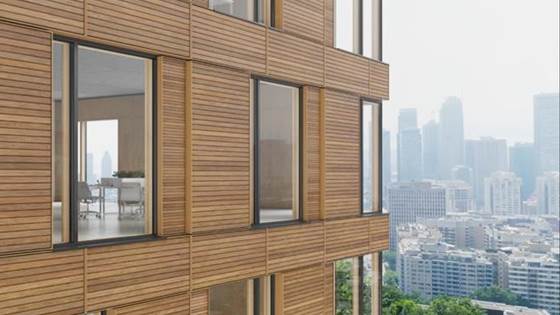
Scientists at SINTEF take part in developing a CO2-reducing, remote façade maintenance system that will contribute to green change at both a national and international scale.
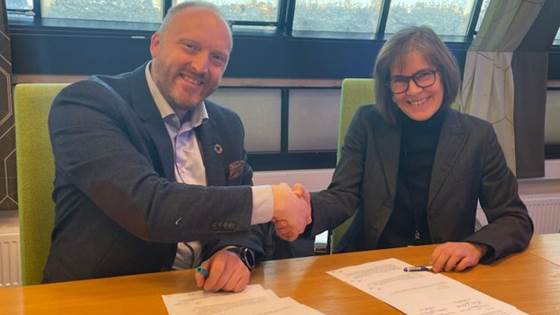
Trondheim, 8 December 2022: a letter of intent has been signed between SINTEF and Sustainable Energy that will guarantee Norwegian industry access to relevant research and testing infrastructure. This will be necessary for realising the green shift.
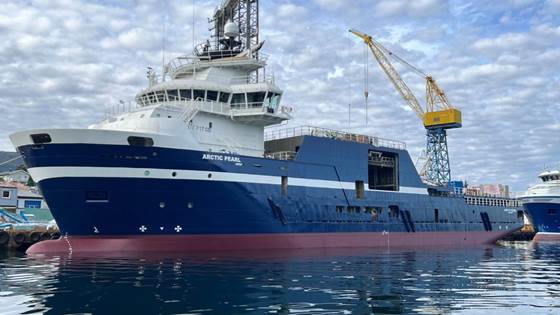
The Arctic Pearl is setting course for the Barents Sea in search of the shellfish delicacy Iceland scallop. It is the first and only vessel of its kind, crammed with new technology that may herald the start of a new era in bottom fishing.
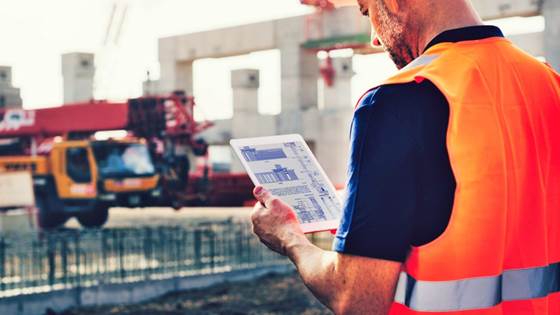
If only the Norwegian building and construction industry would embrace a little more digitalisation, this alone would enable Norway to achieve its 2023 emissions target agreed with the EU.
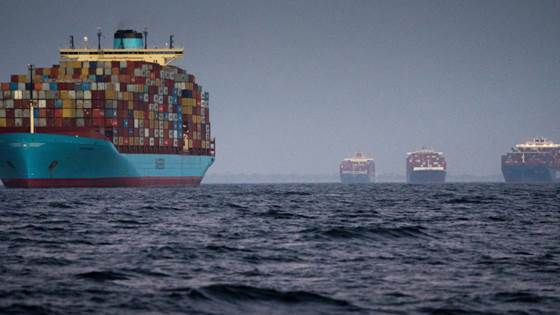
How does the chain of suppliers impact on a company’s climate footprint? This is a key question and, according to a recently established entrepreneur in the field, Norwegian know-how stands ready to offer the world the answer.

New employees do not know what they do not know about their new role. From the home office, it is not so easy to feel your way forward. Now research shows how such and similar tangles can be solved.
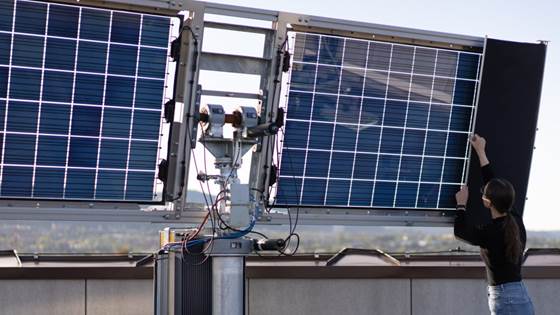
Solar energy is good news for planet Earth – but solar panels are not as climate-friendly as they should be. Researcher Martin Bellmann is using what he calls the ‘black gold’ waste materials from solar panel manufacture to make new panels.
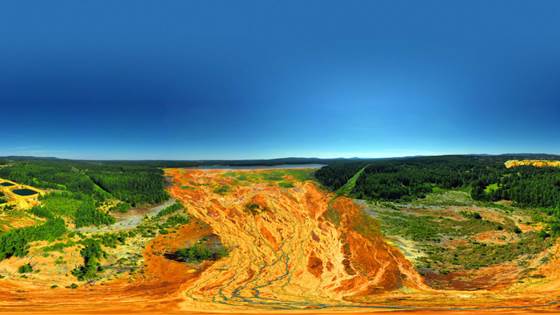
Waste slags from the metallurgy industries often contain valuable materials, but in very small concentrations. This means that large areas of valuable land are used to accommodate reservoirs filled with what is sometimes toxic waste. We now want to...

What are people’s attitudes towards food, sustainability, new foods and food additives? Researchers have found some answers.

Scientists have now found out how to optimise the functional and aesthetic character of the world’s first fully electric high-speed ferry. The aim is to persuade passengers to opt for fossil-free transport.
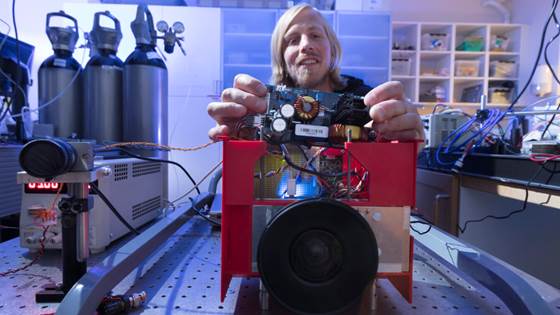
There is a lot of space junk orbiting the Earth. Norwegian researchers believe that in the future, there will be a market for its removal and have developed an entirely new type of robot vision that will make this possible. This has stimulated the...
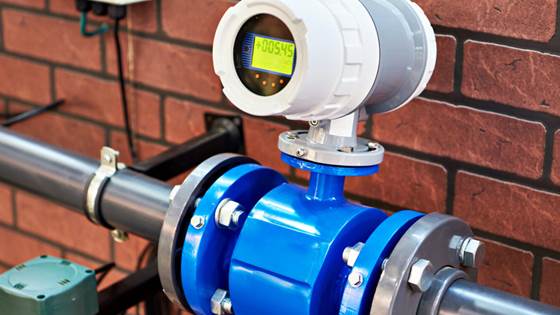
Blind faith in data as a perfect reflection of reality is causing many businesses to make decisions on false premises.
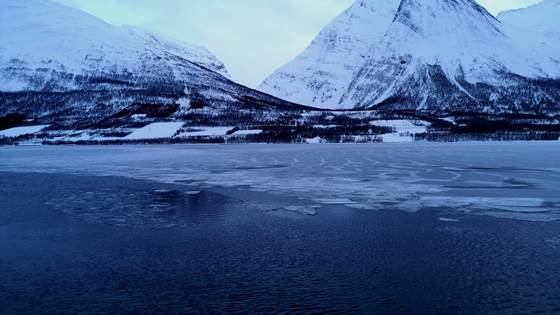
Norwegian fjord and coastal ice represent a potential security threat, as it may cut off entire communities from the outside world.
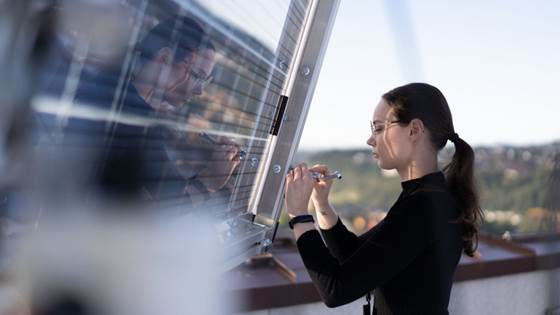
Not only are they high above us – they also offer us great benefits. From SINTEF’s new solar panel laboratory, you can see all across the city of Trondheim. Here, conditions are optimal for research into solar panel performance at Nordic latitudes.